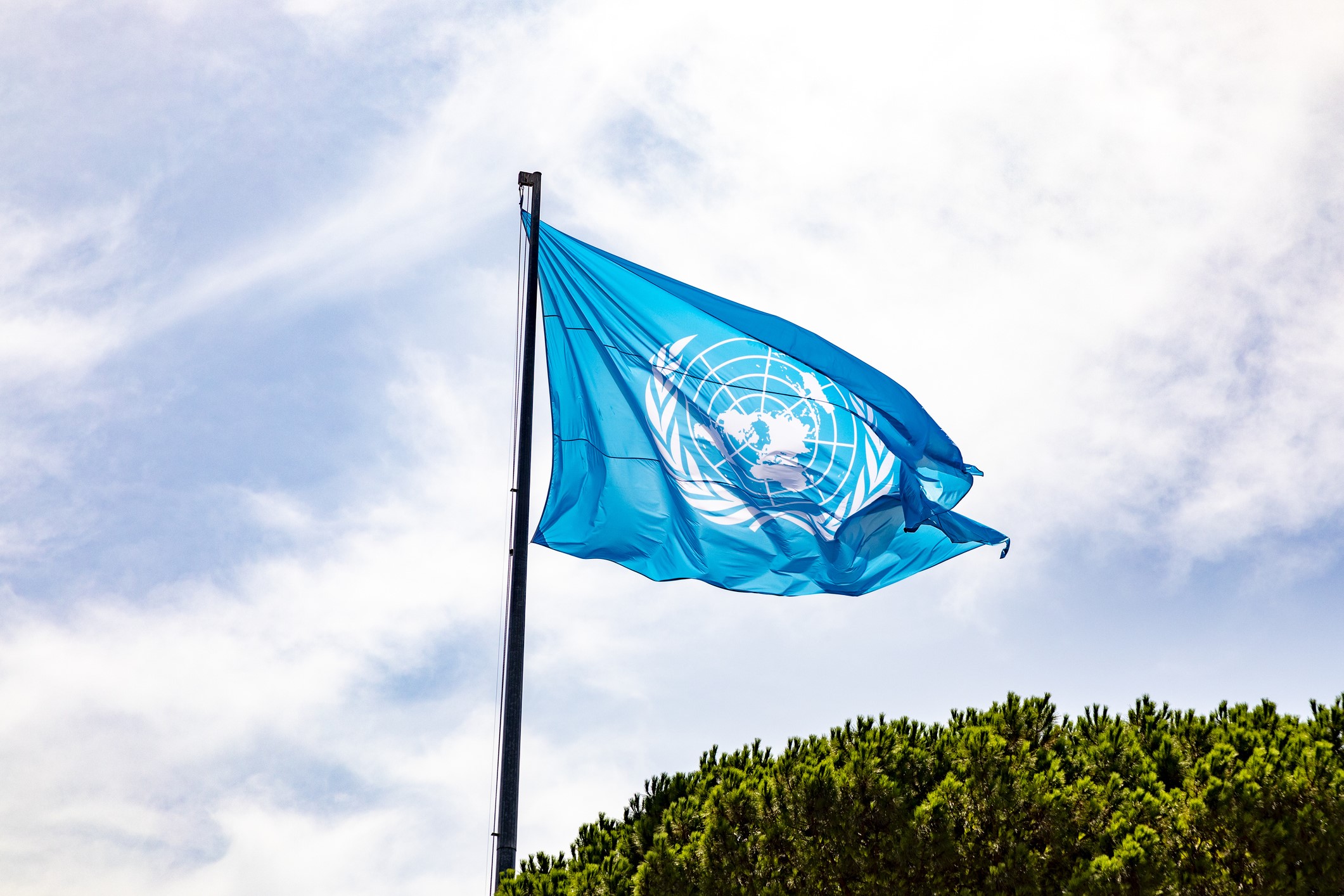Technology can be used to empower disenfranchised groups. When used thoughtfully, tech tools can help equalize opportunity, compensation, and access to resources across organizations. How can tech be used to even the playing field for workers in corporate hierarchies and voters with limited resources?
Three Aspen Tech Policy Hub Fellows showcased their projects focused on “Empowering Marginalized Workers and Voters.” Following the presentations of the projects, Joshua Scollins, former Director of Data and Technology for the Democratic National Convention, gave further remarks.
The projects presented were:
Equal Pay for Contractors: The tech sector, an industry known for high wages and generous benefits, has accelerated its use of contract workers that have similar responsibilities as full-time employees but who are employed by staffing agencies. While these contractors are employed in core functions such as engineering, they miss out on different forms of compensation and benefits and incur additional costs such as job instability. Fellows Arman Jaffer and James Liu demonstrated the use of their Contract Pay Gap Calculator to help companies and workers advocate for a more equitable compensation strategy for these contract workers.
Worker-Led Start-Ups on the Blockchain: Many Silicon Valley founders want to create technology companies that remain values-focused over the long-term. Unfortunately, this vision is often compromised due to pressures from institutional finance to return quick profits. Fellow Trevor Pels recommended an alternative structure, where board-level decisions are made democratically by a company’s workers through the formation of a DAO (decentralized autonomous organization). Trevor presented his work on building resources for founders and start-up accelerators to pave the way for larger-scale venture capital investment in the category.
Voting from Abroad: Reducing Obstacles for Military & Overseas Voters: Military and overseas voters are one of the most disenfranchised demographics in the country. In the 2020 election, military and overseas voters voted at a 7% rate, ten times less than the domestic average. Fellow Hilary Braseth presented a wizard tool that government agencies can use to help overseas voters register more easily, along with a set of tech best practices that Secretaries of State should utilize to encourage overseas voter registration.
This conversation is part of our Demo Day Series running in February and March 2022. Please see below for other events in this series.


